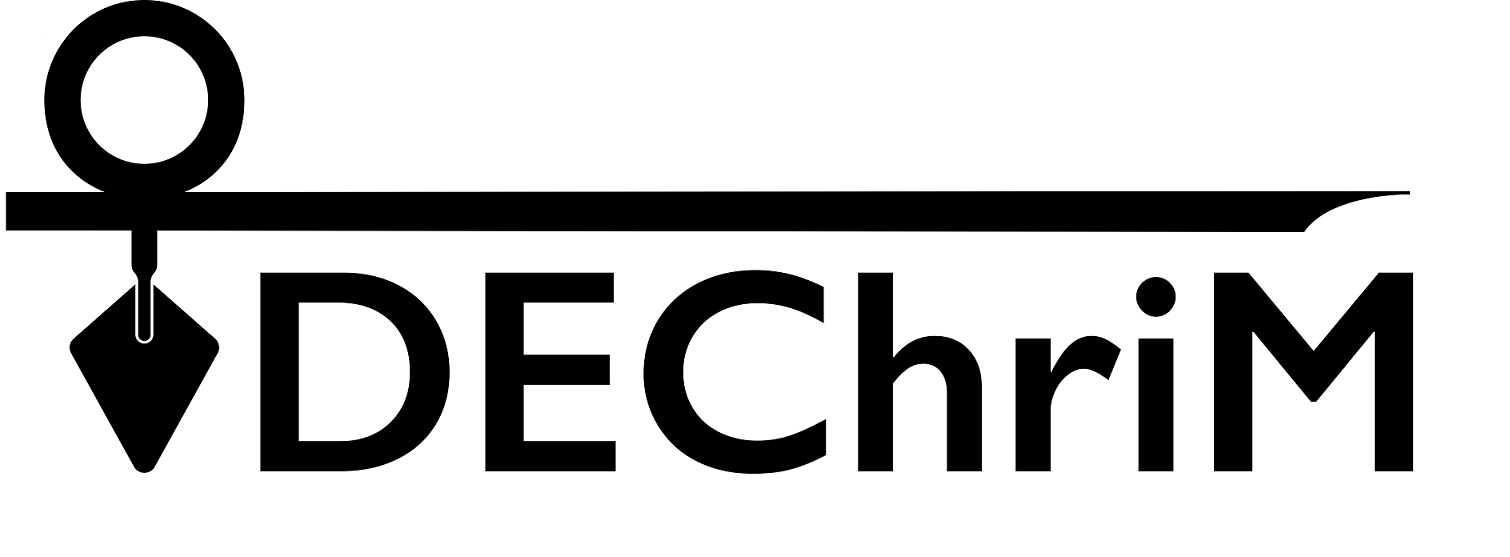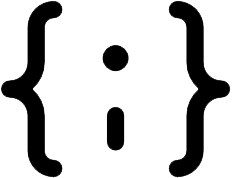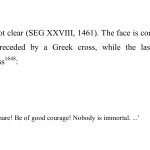| Artefact ID | 1294 |
| TM ID | TM 97445 |
| Findspot (DEChriM ID) | 68 (al-Filusiyya) | Class | Funerary element, Textual |
| Material | Stone |
| Writing medium | Inscription |
| Text content | Documentary |
| Language | Greek |
| Description | SEG XXVIII 1461; SEG XLVII 2126 descr.: Epitaph. Anthropomorphic stela of beach-rock. The face is completely worn away. The first line is preceded by a Greek cross, while the last line ends with a monogrammatic cross [staurogram]. The name of the deceased is not clear. Same consolatory formula as in the other steles sharing the same provenance – a combination restricted to the northern coast of Sinai (el-Huweinat and el-‘Arish) according to Dahari & Di Segni 2009: εὐμοίρει, εὐψύχει, οὐδεὶς ἀθάνατος, “fare thee well, be of good courage, nobody is immortal”, usually accompanied by the name of the deceased in vocative. Very close to SEG LIX 1879 according to Dahari & Di Segni 2009: no. 7. |
| Selection criteria | Mention of Christian individuals/communities, Christian symbols/gestures/isopsephy |
| Date from | 350 |
| Date to | 499 |
| Dating criteria | Dated 5th c. in Verreth 2006 but phrasing and palaeography of the whole group of stelae point to late 4th-5th c. according to Dahari & Di Segni 2009. |
| Absolute/relative date | Relative date |
| Archaeological context | Bought on the antiquities market after the cemetery of al-Filusiyya was looted in the early 70s. According to Dahari & Di Segni 2009: 125*, an antiquities dealer from Rafiah who acted as middleman sold twenty-two tombstones to Hassan Aqilan, a Jerusalem antiquities dealer. The latter sold fifteen tombstones to Danny Pinkus, an antiquities dealer from Jaffa, who then sold eight of his tombstones to Moshe Dayan, three of which were later purchased by the Israel Museum (reg. nos. 82.2.960, 82.2.961, 82.2.962); it is unclear what became of the others. |
| Accession number | Jaffa, Private collection Pinkus D 3673 |


 Json data
Json data




